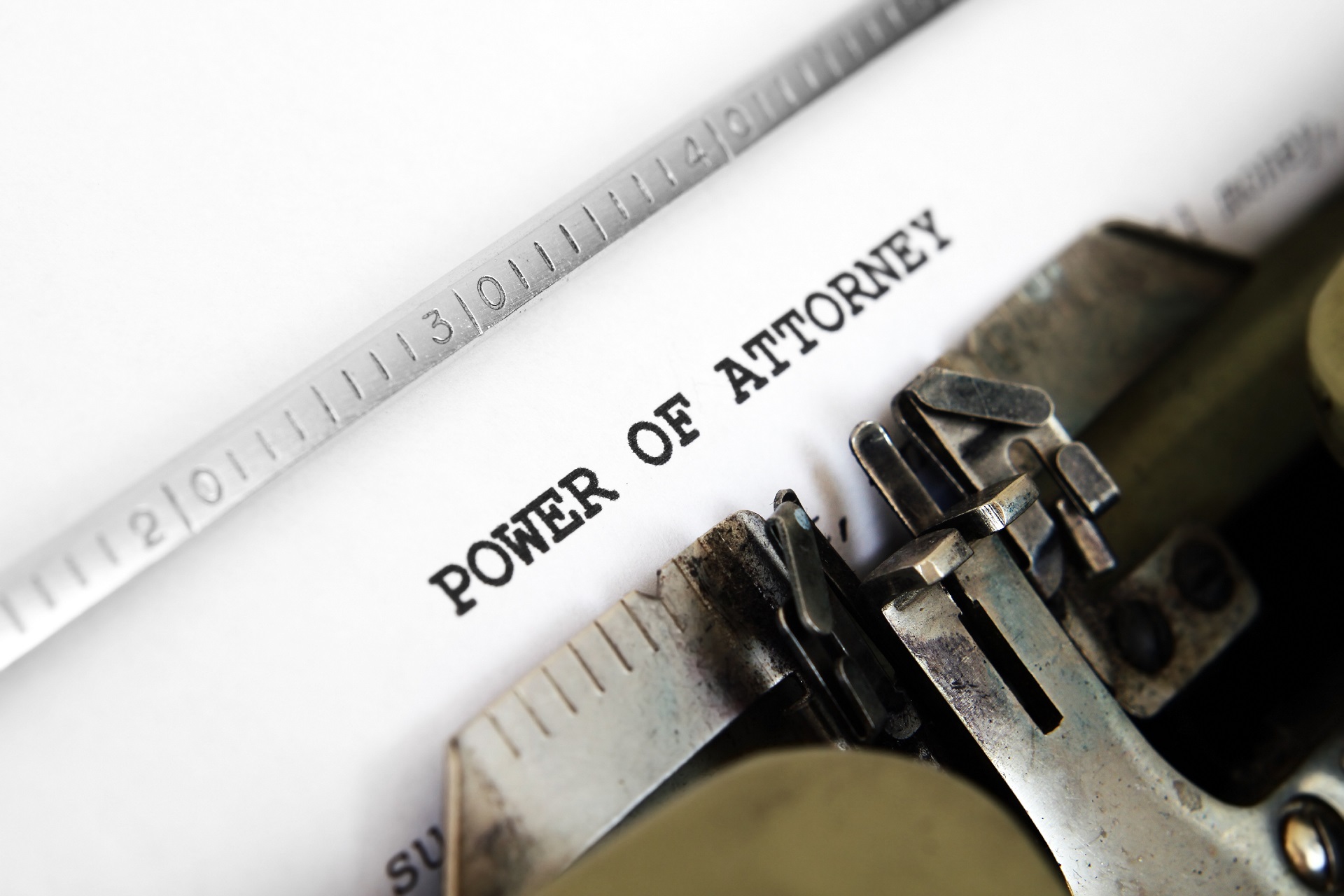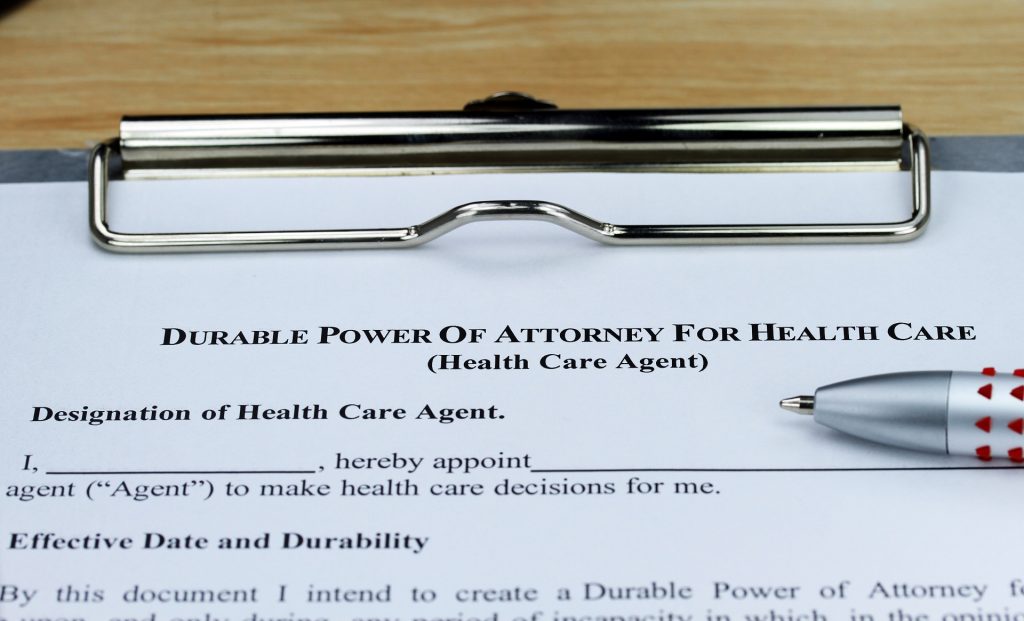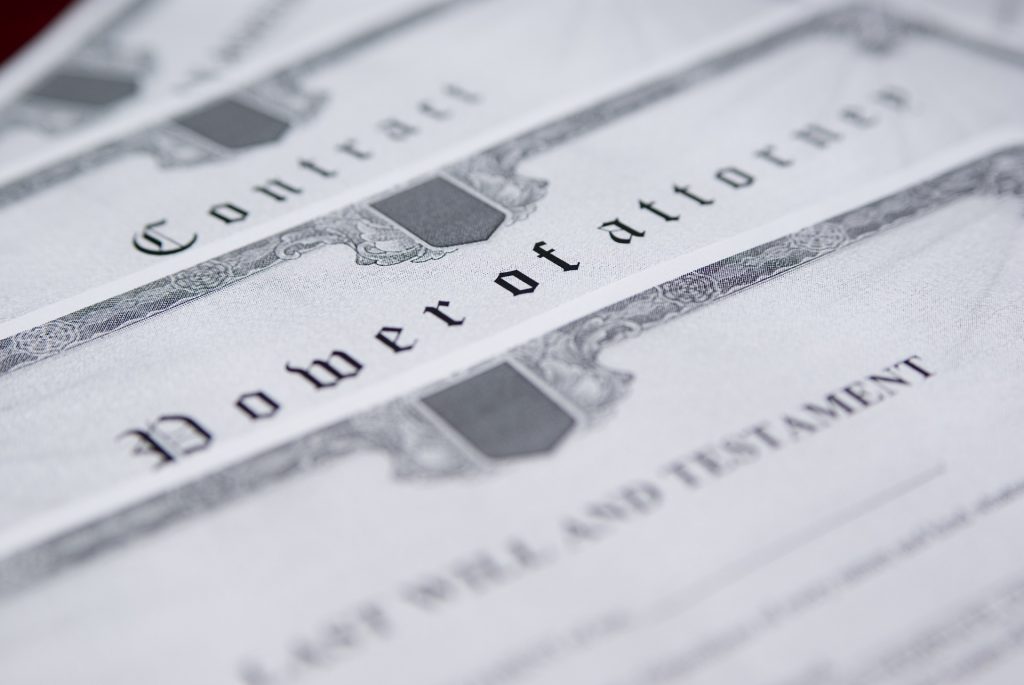
During the estate planning process, you’re learning about all sorts of new terms as well as the legal documents you’ll need to ensure your wishes are fulfilled. One aspect you’re concerned about is the power of attorney, and you’re wondering if there are any risks involved in naming someone as your POA. By learning more about it, you can decide who you want your POA to be when the time comes.
What Is a Power of Attorney?
A power of attorney is a legal document that gives someone the right to act on your behalf. For example, if you become incapacitated, the POA can step in and make your medical or financial decisions for you. The incapacitation can be temporary or permanent. Many times, an individual will name their spouse or child as their power of attorney.
Risks Involved in Naming a POA
If you accidentally give someone too much authority over your medical and financial decisions, then your loved ones might not be able to do anything if they think the POA is overstepping their bounds. For example, a POA could act in ways that you had not intended and even commit elder abuse in the worst-case scenario. On the flip side, the POA might not be broad enough, and the person you designate may not be able to carry out your wishes. There is a lack of oversight when it comes to POAs since a court does not govern them, making things a little trickier.
The best way to go about establishing a POA is to hire an estate planning attorney, who can ensure you’re checking all the boxes.
Getting in Touch With Legacy Law Group
If you need help with a power of attorney, you can contact the estate planning attorneys at Legacy Law Group in Eastern Washington, Spokane Valley, and Spokane itself. Get in touch with us at (509) 315-8087.




